Timing is a funny thing. The Chancellor received some good news about the public finances this morning, just when everyone is focused on fairly catastrophic election results for the Tories. A few hours after it was announced that strong Conservative majorities were overturned in the Mid-Bedfordshire and Tamworth by-elections (Katy Balls analyses the results here), we also learned that there may be slightly more scope than previously thought for Jeremy Hunt to come up with some pre-election sweeteners, with the pressure on to cut taxes.
Public sector net borrowing in September came to £14.3 billion – a staggering sum, yes, but £1.6 billion less than in September last year and far below the Office for Budget Responsibility’s (OBR) most recent forecast of £20.5 billion. This week’s borrowing figures came in billions of pounds below what the OBR predicted for the fiscal year. So far into the 2023-24 financial year, the government has borrowed £19.8 billion less than the official forecaster thought it would.
This can be credited to two things: lower than expected debt interest payments and higher than expected tax receipts. That UK gilts are heavily index-linked has caused a lot of problems for the public finances this year. But thanks to a fall in the Retail Price Index, this September became the third lowest month for interest payable on government debt since monthly records began: totally just £0.7 billion (that’s £7.2 billion less than September 2022 payments). Meanwhile, the government’s many tax hikes over the past few years have led to more money flowing the Treasury’s way. Total receipts came to £77.3 billion last month: almost £3.5 billion more than the same month last year and almost £2 billion more than the OBR’s forecast from March.
There are two ways to interpret this morning’s data. The more popular way, especially in Tory circles, will be to see increasing scope for some kind of tax giveaway before the next election: something the party wants generally but also feels it needs to give to get its Tory-leaning voters to show up to the polls come election day. Capital Economics predicts this morning that ‘the Chancellor will have some wiggle room for a few pre-election giveaways in the March Budget’ but that comes with a note of caution: ‘With the full upward impact on borrowing from higher interest rates and weaker GDP growth still coming down the line, any package of pre-election net tax cuts and/or spending rises will probably need to be modest.’
This reflects the other perspective: that just because the government is borrowing less than expected month on month doesn’t mean the public finances are in any kind of healthy state. The combination of low growth, high debt interest payments and major spending promises down the road leave little scope (without major reform) to offer up a meaningful tax cut.
It’s a point made in the Institute for Fiscal Studies Green Budget, published this week ahead of the Autumn Statement, the details of which can be found here. The ‘horrible fiscal bind’ the thinktank describes is summed up by the Treasury taxing and spending at record levels, and yet there is extremely little wiggle room for tax cuts or more giveaways. Even worse, people are not feeling the benefits of that extra spending – and are asking, understandably, why they can’t have some of their money back.
The IFS’s chief Paul Johnson joins me on Spectator TV this week, where we analyse the grim state of the public finances. The Green Budget is also critical of the Chancellor’s current fiscal rule, which in theory is set to get debt as a percentage of GDP falling over the course of a parliament, but in practice has built into it the ability to move the goalposts with every update.
This morning’s ONS update highlights, once again, that public sector net debt is still on track to keep rising in the coming years. Rishi Sunak’s pledge to ‘make sure the national debt is falling’ was always the most unlikely to be made good on, and this morning’s figures show no sign of change in the spending trajectory. Of course, that’s the least of the party’s worries at the moment.
Got something to add? Join the discussion and comment below.
Get 10 issues for just $10
Subscribe to The Spectator Australia today for the next 10 magazine issues, plus full online access, for just $10.


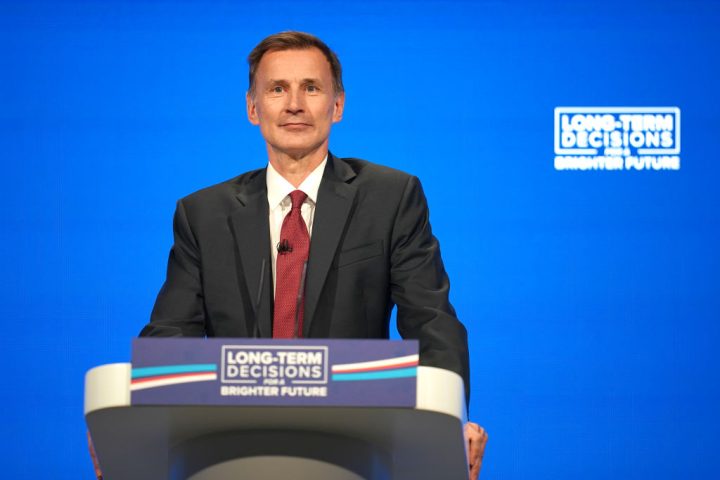
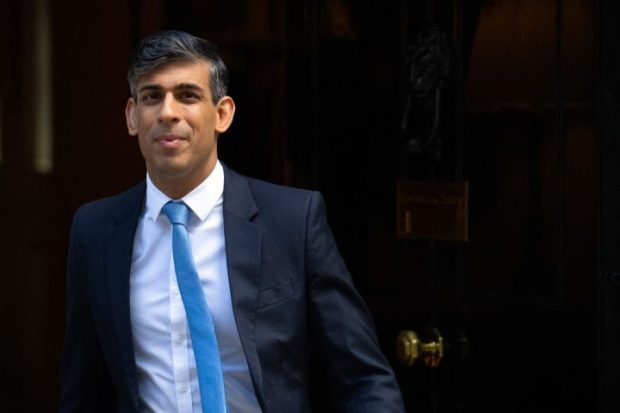
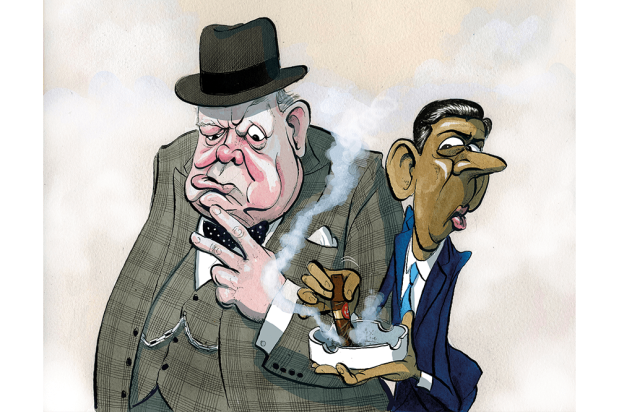
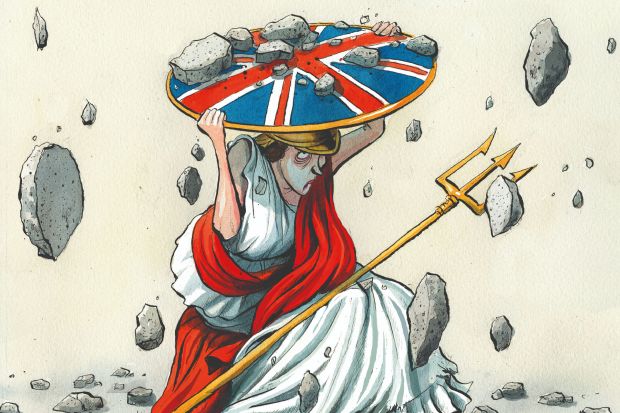
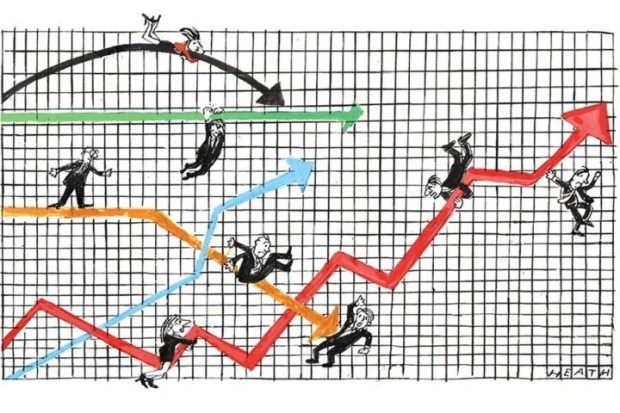
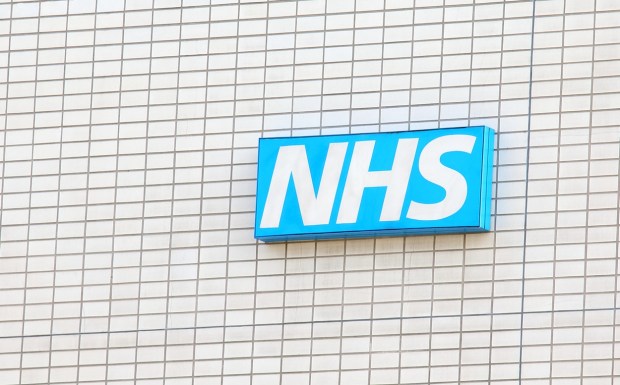













Comments
Don't miss out
Join the conversation with other Spectator Australia readers. Subscribe to leave a comment.
SUBSCRIBEAlready a subscriber? Log in